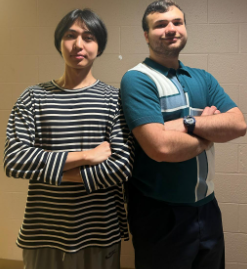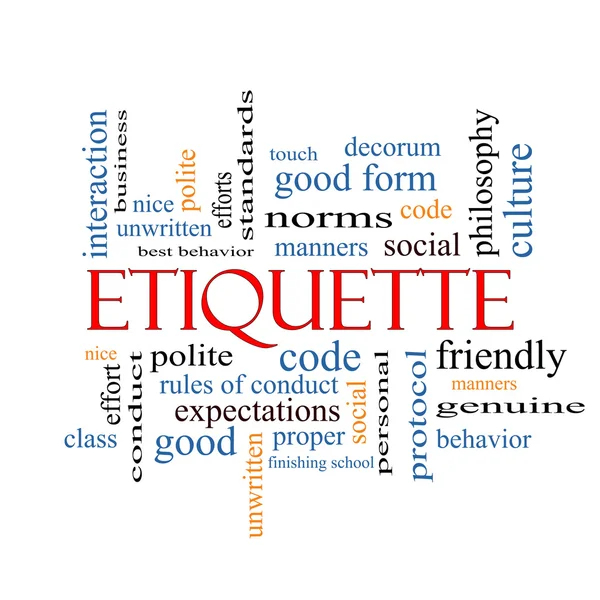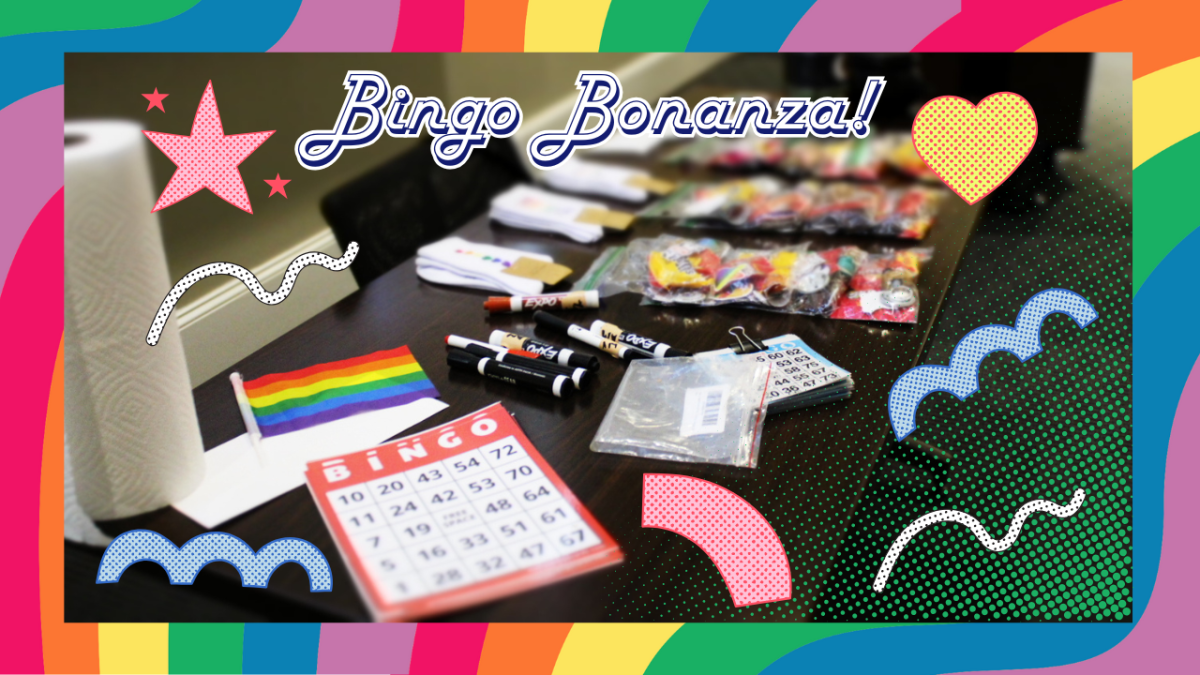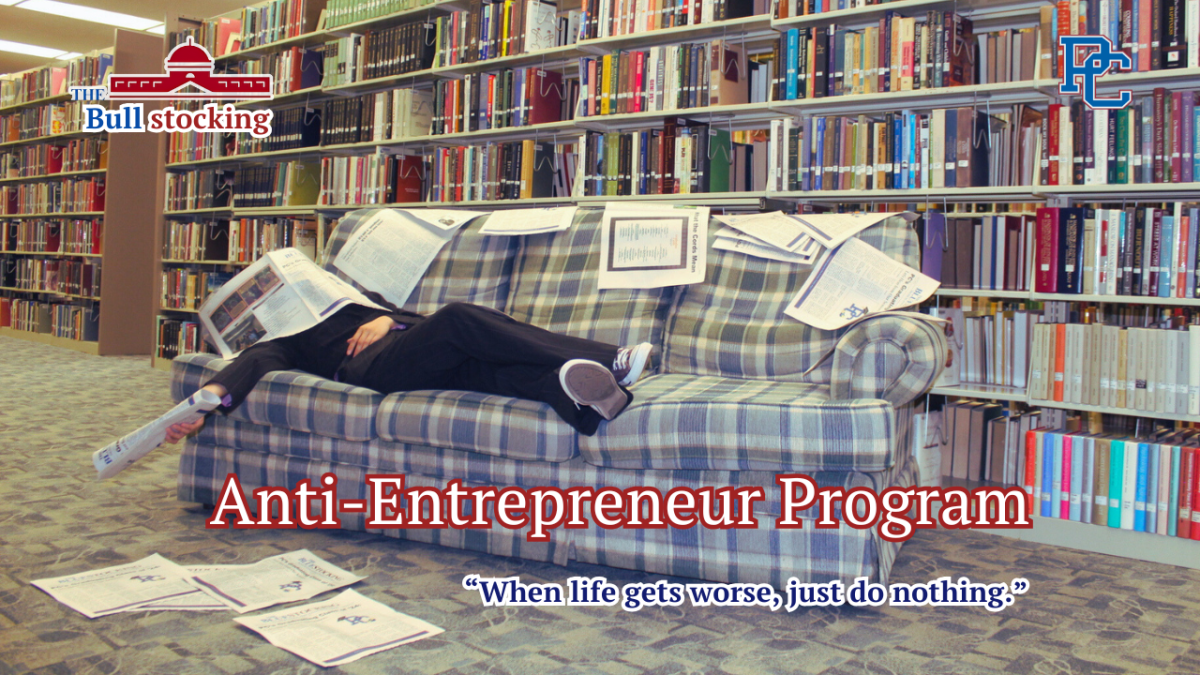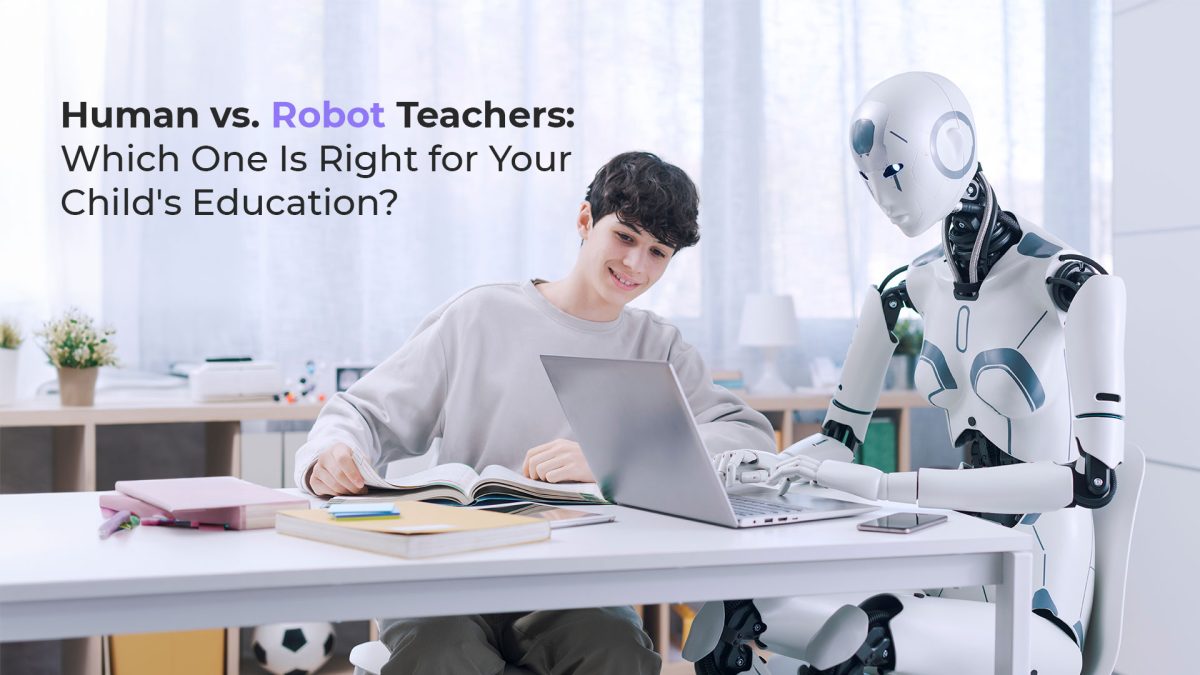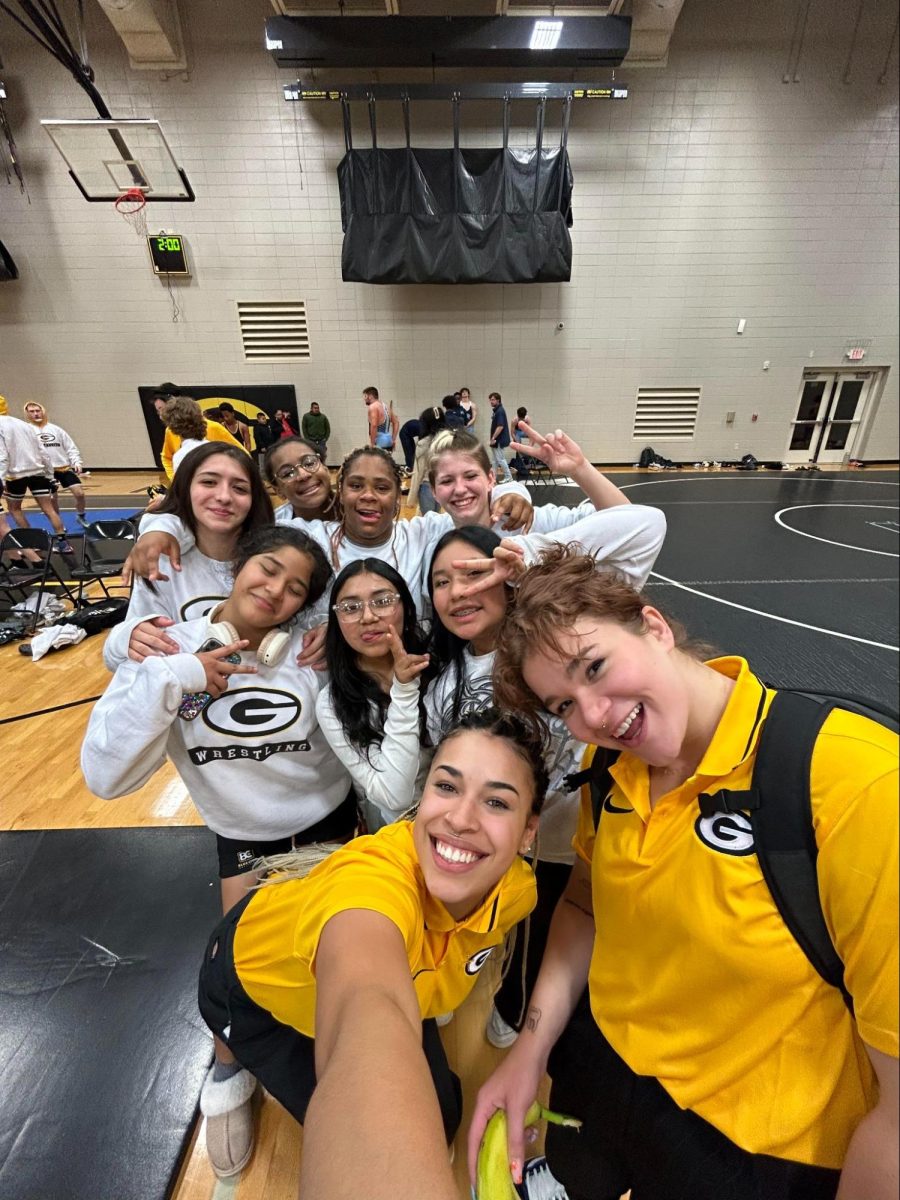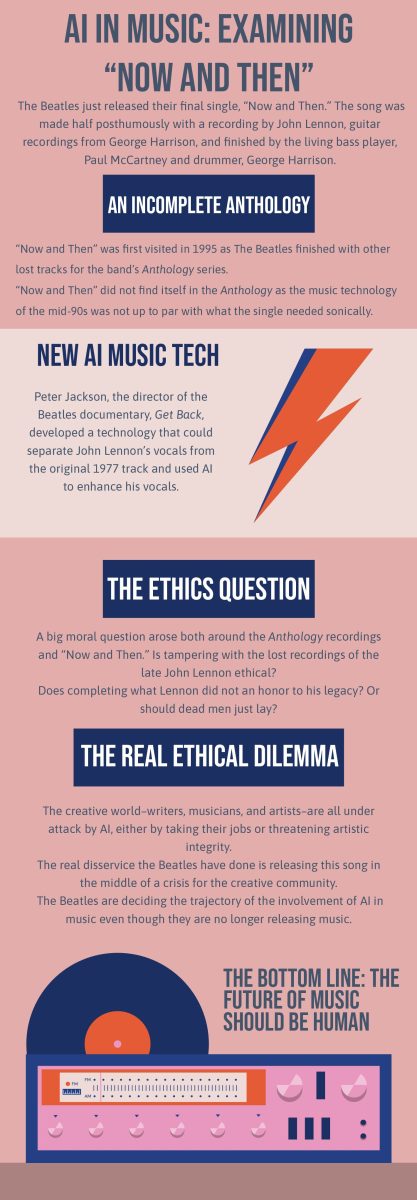
“This cesspool of carnage that has taken on the rotting fleshy exterior of a frat boy who has drunken himself into a stupor, wrinkled up by the beer bath he has submerged himself in, is nothing that should be flattered by the obsession of those with a mind.”
–Milo
“What the frickety frak is up with all this Yikety-Yak?”
–Murphy
Most individuals between the ages of 18 and 22 are obsessed with anything social media related. Look at when Facebook first came out; it was a mad house of high schoolers, and worse, middle schoolers, hyper charged with hormonal rage who thought Facebook was for them. (Fun note, it wasn’t. It was created for college students. Go watch The Social Network, it totally explains it all.) And don’t get us started on the ridiculousness Myspace was…. Anyways, Yik-Yak, for any folks unaware, is an app where individuals can anonymously post almost any petty complaint or observation they feel free to share with others within a 10 mile radius. Yik-Yak, for the most part, is the same ramblings every day, yet people feel the need to check it every hour on the hour when they catch the Yik-Yak fever. What is the Yik-Yak fever? This is the highly contagious event when Yik-Yak becomes toxic and drug-like; people are addicted when it comes to checking Yik-Yak religiously. Students then go away on break or for the weekend and relapse when they get back to campus.
Advice for this: just don’t do it. Stop yourself now before you become consumed by the black hole that is Yik-Yak. If you’ve read it once, you’ve probably read it before or on other various social media sites that recycle their material. (And if not, you’ll see it repeated ten more times within the hour because finally someone came up with something clever.)
Some may argue that giving college students this anonymous freedom is beneficial to our health and helps us figure out our true identities. But whoever said anonymity was the answer has been out of the school system far too long. When given the freedom of anonymity, an average student/young adult with an underdeveloped frontal lobe is not going to make the smartest decisions. As we have seen in many instances when given disclosure, many turn to bullying and outright meanness. They think because no one will know it’s them allows them to say whatever they want without consequence. This is not the real world; the real world loves to hand out consequences at any opportunity. Social media also has us looking at a computer or phone instead of the face of those we hurt by our comments. It’s a lot easier to be mean to a screen than to someone’s face.
Concluding this long ramble that most of you have either skimmed through and will soon toss away or our parents who will read every word and call us later today to make us explain for the tenth time what this “Yikety-Yak” thing is, go incognito if you must, but use this power wisely.
Want more ramblings from your favorite PC therapists? Email us at [email protected].

